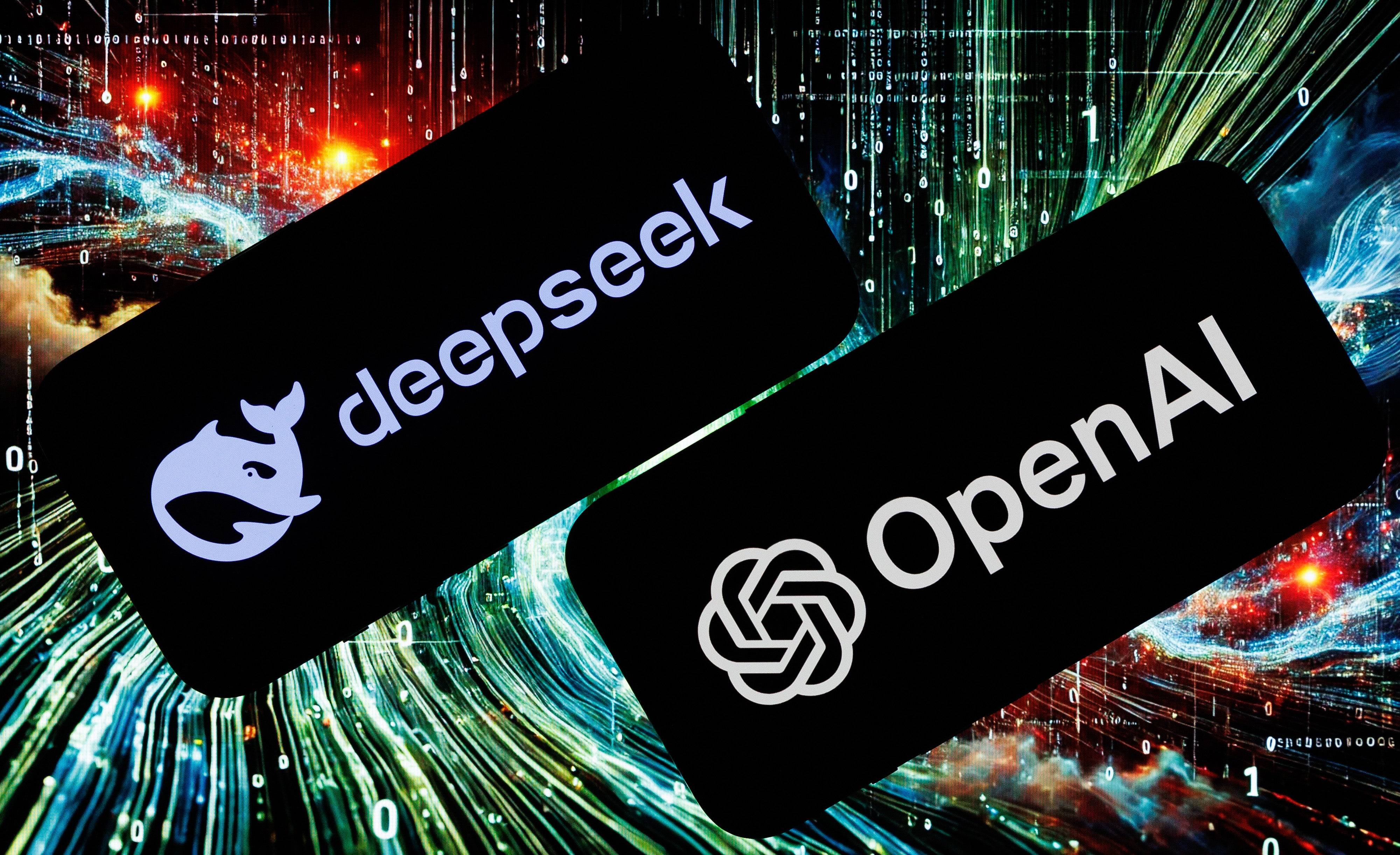by Madison May 28,2025
The emergence of DeepSeek AI, a Chinese-developed model, has stirred significant controversy and concern within the U.S. tech industry, particularly after Donald Trump labeled it a "wake-up call." DeepSeek's R1 model, built on the open-source DeepSeek-V3, claims to be a cost-effective alternative to Western AI models like ChatGPT, with an estimated training cost of just $6 million. This claim has led to a massive $600 billion drop in Nvidia's market value, with its shares plummeting 16.86%—the largest single-day loss in Wall Street history. Other tech giants like Microsoft, Meta Platforms, and Google's parent company Alphabet also saw declines ranging from 2.1% to 4.2%, while Dell Technologies dropped 8.7%.
DeepSeek's rapid rise to the top of the U.S. free app downloads chart has fueled discussions about its effectiveness and the potential misuse of OpenAI's data. Bloomberg reported that OpenAI and Microsoft are investigating whether DeepSeek used OpenAI's API to integrate OpenAI's AI models into its own, a practice known as distillation, which violates OpenAI's terms of service. OpenAI has acknowledged the constant attempts by Chinese and other companies to extract data from U.S. AI models and emphasized its efforts to protect its intellectual property through countermeasures and collaboration with the U.S. government.
David Sacks, President Trump's AI czar, highlighted the evidence suggesting DeepSeek distilled knowledge from OpenAI's models, indicating potential future actions by leading AI companies to prevent such practices. The irony of OpenAI's situation was not lost on observers, with tech PR and writer Ed Zitron pointing out OpenAI's own history of using copyrighted internet content to develop ChatGPT. OpenAI has previously argued that training AI models without copyrighted material is "impossible," a stance it maintained in its submission to the UK's House of Lords communications and digital select committee in January 2024.
The debate over the use of copyrighted materials in AI training has intensified, with notable lawsuits such as the New York Times' action against OpenAI and Microsoft in December 2023, and a September 2023 lawsuit by 17 authors, including George R. R. Martin, alleging "systematic theft." Additionally, a 2018 U.S. Copyright Office ruling, upheld by District Judge Beryl Howell in August 2023, stated that AI-generated art cannot be copyrighted due to the lack of human creative expression.
 DeepSeek is accused of using OpenAI’s model to train its competitor using distillation. Image credit: Andrey Rudakov/Bloomberg via Getty Images.
DeepSeek is accused of using OpenAI’s model to train its competitor using distillation. Image credit: Andrey Rudakov/Bloomberg via Getty Images.
Girls Frontline 2: Exilium Global Website Goes Live, Along With Its Socials!
Marvel Rivals: Understanding Bussing and Catching It
New Game Plus in Assassin's Creed Shadows: Confirmed?
Top Skills to Prioritize for Yasuke in Assassin’s Creed Shadows
Death Stranding 2 Release Date Unveiled in Massive Trailer
Assassin’s Creed Shadows Movements Reviewed by Two Parkour Athletes
Pokemon GO Leak Teases New Adventure Effects
Amazon Music Unlimited: Free 3-Month Trial Available

Ryan Coogler on 'Sinners' Vampire Villain, Irish Blues Ties
Dec 22,2025

Aurora Returns to Sky: Children of the Light
Dec 21,2025

Isekai Dispatcher Team Unveils Ash & Snow Match-Three Game
Dec 21,2025

Nintendo Denies Amazon Removal Over Sales Dispute
Dec 21,2025
Nintendo Switch Online Teases Smash Bros. for N64
Dec 21,2025